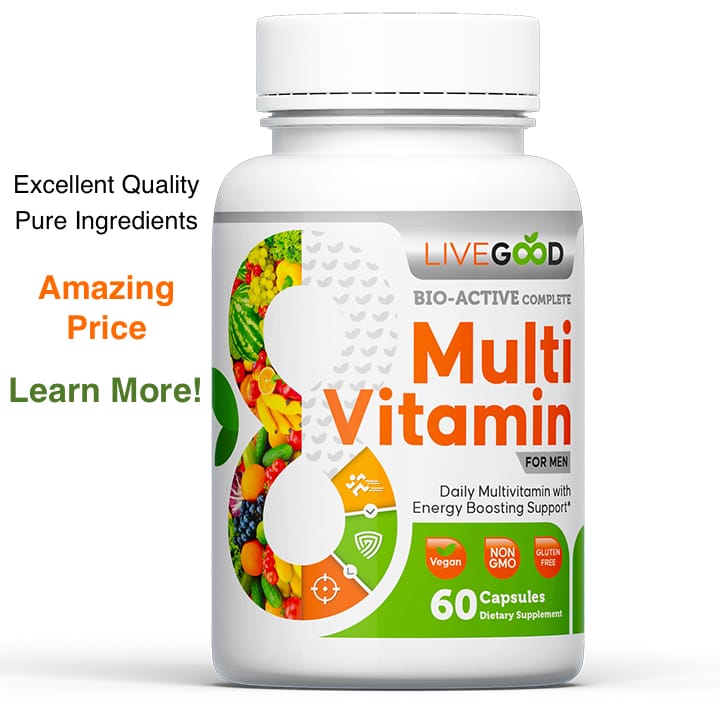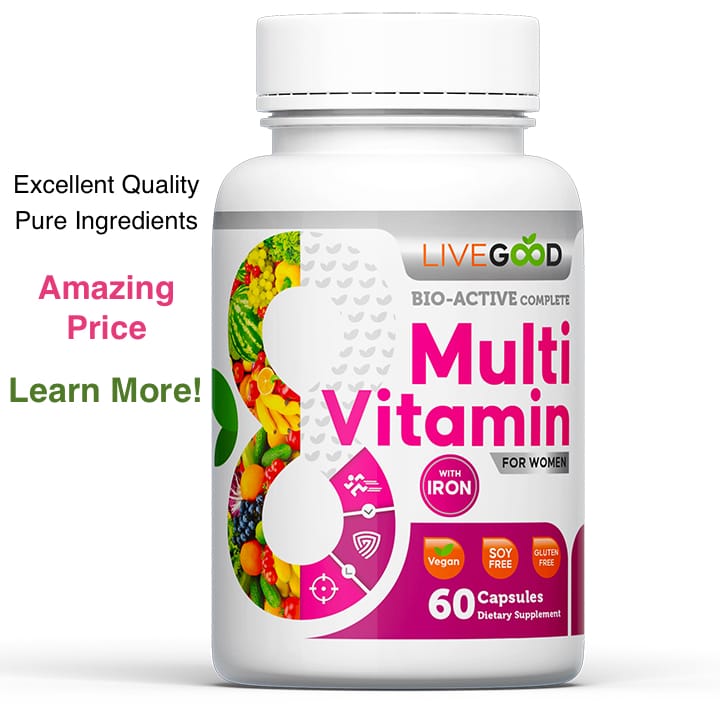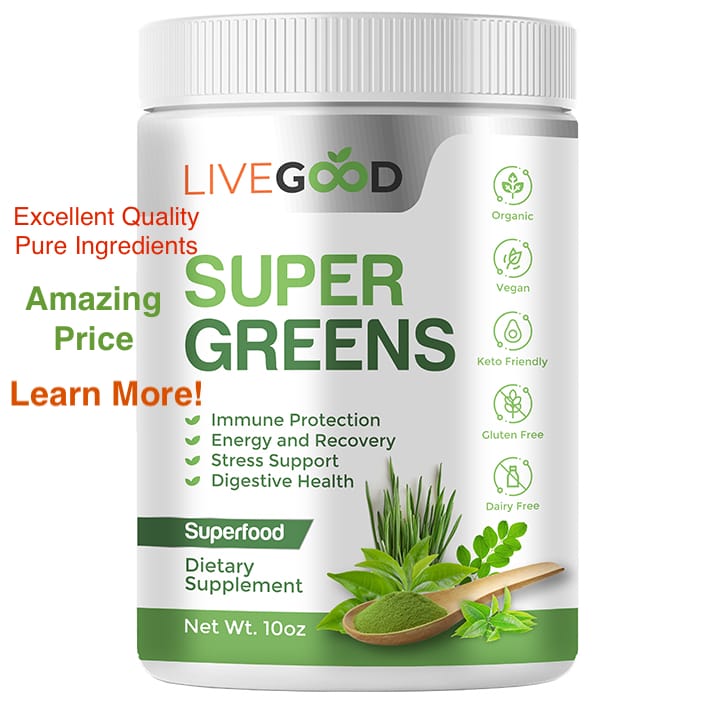ADHD Linked To Pesticides?
by Deborah Merlin
(California)
Is ADHD Linked To Pesticides? This question will be explored in this article.
On May 17, 2010, Journal Pediatrics released a study stating that children exposed to pesticides known as organophosphates could have a higher risk of attention-deficit/hyperactivity disorder (ADHD).
Researchers measured the levels of pesticide byproducts in the urine of 1,139 children from across the United States. Children with above-average levels of one common byproduct had roughly twice the odds of getting a diagnosis of ADHD.
Pesticides are everywhere. They are in our gardens, parks, golf courses, carpets, flea collars on our pets, processed foods, meats, dairy, fish, vegetables, tap water, school classrooms, and school yards.
Pesticides are designed to attack a pest's nervous system. Most pesticides have not been adequately tested for human health effects. Farmers that use pesticides have a higher incidence of several cancers, such as, stomach, connective tissues, skin, brain, prostate, lymphatic and blood-forming system. Children are especially vulnerable to pesticides.
The EPA (Environmental Protection Agency) states that more than 400 toxic chemicals have been identified in human tissue. Common pesticides such as malathion, diazinon, and dursban accumulate in different parts of the nervous system and can cause brain disease, motor system dysfunction, and psychological disorders. Dursban has recently been banned by the EPA.
It is estimated that one out of six American children suffer from learning disabilities including: ADHD, autism, aggression, and dyslexia, and it is believed these problems are linked to toxins.
- Inability to think
- Dizziness
- Impaired memory
- Weakness
- Poor concentration
- Nausea and vomiting
- Hyperactivity
- Muscle pains and twitching
- Poor coordination
- Chest pains
- Drowsiness
- Increased heart rate
- Diarrhea
- Loss of feeling
- Itching and rash
- Excessive sweating
- Restlessness
- Stomach aches and cramps
- Headaches
- Breathing problems
- Blurred vision
- Increased salivation
- Convulsions
- Irritation of the throat, eye, and skin
Common symptoms of pesticide poisoning:
The Environmental Working Group list the 12 worst produce to eat for pesticide exposure.
- Celery (the worst)
- Peaches
- Strawberries
- Apples
- Blueberries (Domestic)
- Nectarine
- Sweet Bell Peppers
- Spinach
- Kale/Collard Greens
- Cherries
- Potatoes
- Grapes (Imported)
To see The Environmental Working Group's complete list, choose the links below:
EWG's Shopper's Guide to Pesticides | Environmental Working Group
Environmental Working Group ... especially if you have the right tools to guide you down the produce aisle. I'm thankful that there is an organization like EWG that can provide this easy-to-use list so we can all shop smarter, ...
The Full List (no longer available).
To limit exposure to pesticides:
Eat organic whenever possible.
Do not use pesticides to kill pest. Instead, use effective products such as Bugs R Done, which is made from orange peel extract and is safe to use around animals, fish and children.
There are many safe detoxification programs to remove toxic chemicals from your body. Your health care professional may not be familiar with the detoxification protocol. Naturopath doctors or homeopaths are knowledgeable about various detox programs. To find a naturopath in your area go to http://www.naturopathic.org
This should help greatly in the journey for the answer of this question, Is ADHD Linked To Pesticides?
Deborah Merlin
Mother/author
http://www.victoryoveradhd.com
Visit Deborah Merlin's website to read her blog on how she is detoxing from the pesticide DDT with homeopathy.
http://victoryoveradhd.com/adhd_blog/
References:
Are Everyday Chemicals Harming Our Children (Moyer, Bill, KCET, NOW, 2002)
Attention-Deficit/Hyperactivity Disorder and Urinary Metabolites
by MF Bouchard
A structured interview with a parent was used to ascertain ADHD diagnostic status, ... Pesticides and Attention-Deficit/Hyperactivity Disorder Journal Watch Pediatrics and Adolescent Medicine, June 2, 2010; 2010(602): 1 - 1. ...
Children's Chemical and Pesticide Exposure via Food Products (The National Academies Advisors to the Nation of Science, Engineering, and Medicine U.S. Government Facts Products, July, 2005)
Crimes Against Nature, Kennedy, Robert F., Jr. (Harper Collins Publishers 2004)
Natural Treatments for ADD and Hyperactivity
Weintraub, Skye MD (Woodland Publishing 1997)
Marla Cone, "Cause for Alarm Over Chemicals," Los Angeles Times, April 20, 2004.
Thomas H. Maugh II, "Safe Lead Levels Lowers IQ in Children, study finds," Los Angeles Times, April 17, 2003.
Comments for ADHD Linked To Pesticides?
|
||
|
||




